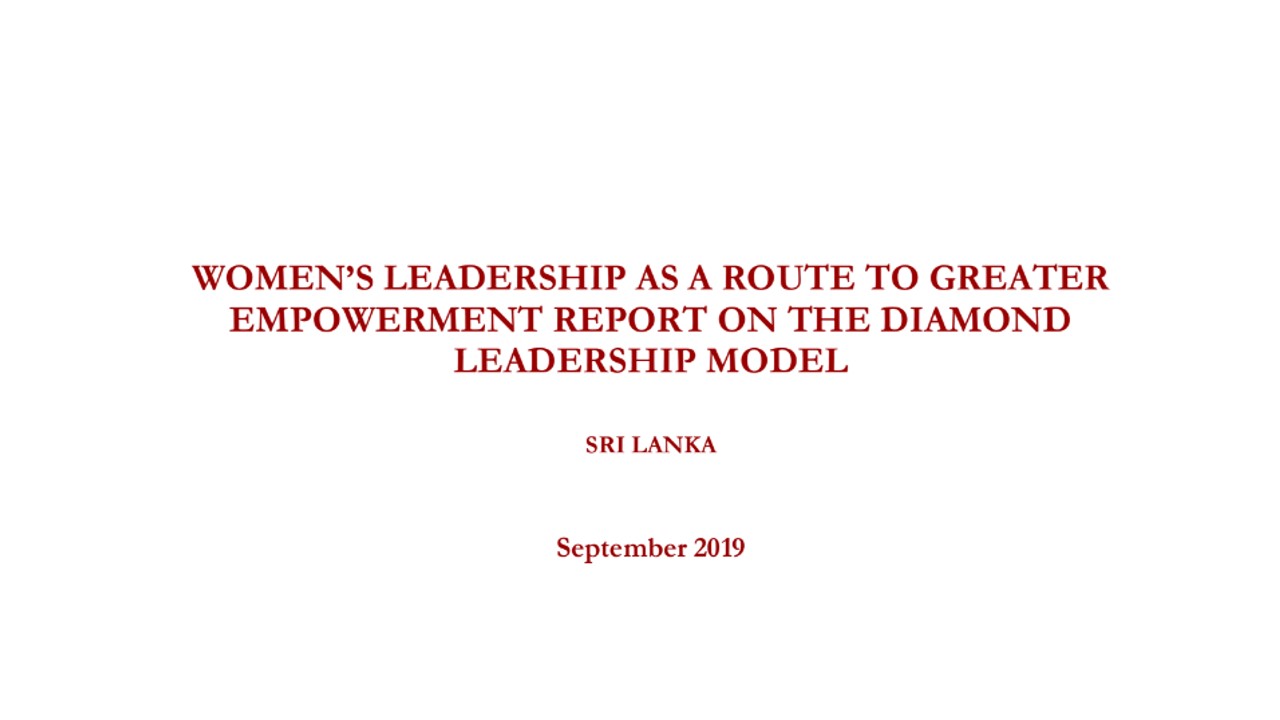Their hard labour powers the multimillion dollar industry that is Sri Lankan tea. But the estate sector workers including those of the Badulla district are still some of the poorest, most marginalised people in Sri Lanka. Fostered by a system that does not want to let go its hold on cheap labour, conditions in the estate sector of the Uva Province have remained almost unchanged by recent post war development drives. Exemplifying the administrative neglect of these communities is the fact that many plantation sector workers have never had a permanent contact address to their name.
Meet Kamala*. Her entire lifetime of EPF savings in a cheque, was enchased by another woman of the same name, in the same estate who got hold of it, because her mail had been delivered to the wrong address. Her thoughtful countenance, while she is listening to the other sad stories her neighbors tell, is one of deep disillusionment.
Who knows what would have happened to a very studious young man named Kumar. if he had only received the letter that told him that he had in fact been selected for university admission? After studying very hard, amidst great odds, a chance of a lifetime, a way out of a life of deprivation and hardship, was missed because of a letter misdirected. He is now a teacher in a remote village, living a mundane difficult life, unheard of and hopeless. Simply because one letter was lost.
Many line rooms in the plantation sector are not numbered and letters are often delivered to other people with the same name. Whether a person receives a letter depends on the integrity of thekankami(official who organizes distribution of these) the good will of ones neighbours , often sorely lacking, and sometimes, sheer chance…
Safeguarding the civil rights of plantation sector workers
Funded by the Australian High Commission, SL, the Centre for Policy Alternatives (CPA) along with a local partner Uva Shakthi Foundation, has worked on a pilot project in Passara ,Badulla(Uva Province) aimed at bringing a modicum of dignity into the lives of this marginalized community whose human rights have been routinely denied. In the last six months this project has arranged to provide permanent addresses, for the first time ever in the plantation sector, for no less than 3000 families of estate workers. The project also organized setting up secure mail collection boxes in20 localities, selecting road names and providing signage for 40 of the estate by-roads in the area, in an endeavor to safeguard the delivery of correspondence.
The lack of National Identity cards among some workers, another problem addressed by the project, leads to a number of serious issues, eg. limited freedom of movement, difficulty in making transactions, vulnerability in civil and criminal cases, lack of security, complications in obtaining official documentation and finding employment etc
Mobile clinics were hosted to speed up the application process formore than 300 National Identity Cards, which may otherwise reach owners late or never. The latter is particularly relevant to a large number of students who were due to sit for exams shortly.
The right to safely receive one’s correspondence, taken for granted in the rest of the country but fraught with difficulty in this area, can make the difference between receiving a rare university admission, a job in Colombo, a desperately needed remittance from a relative abroad…or not. In the lives of estate worker communities such rare opportunities may come only once or twice in a lifetime and be the difference between hope and a life of regrets
This project has been graciously sponsored by the Australian High Commission, SL
*not their real names.





